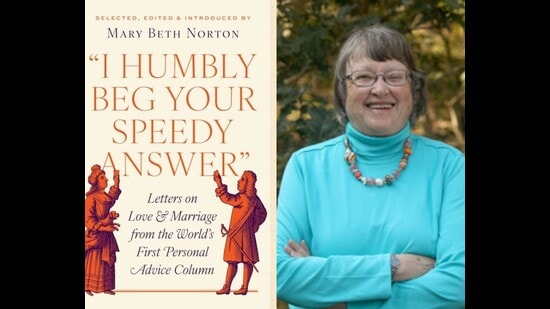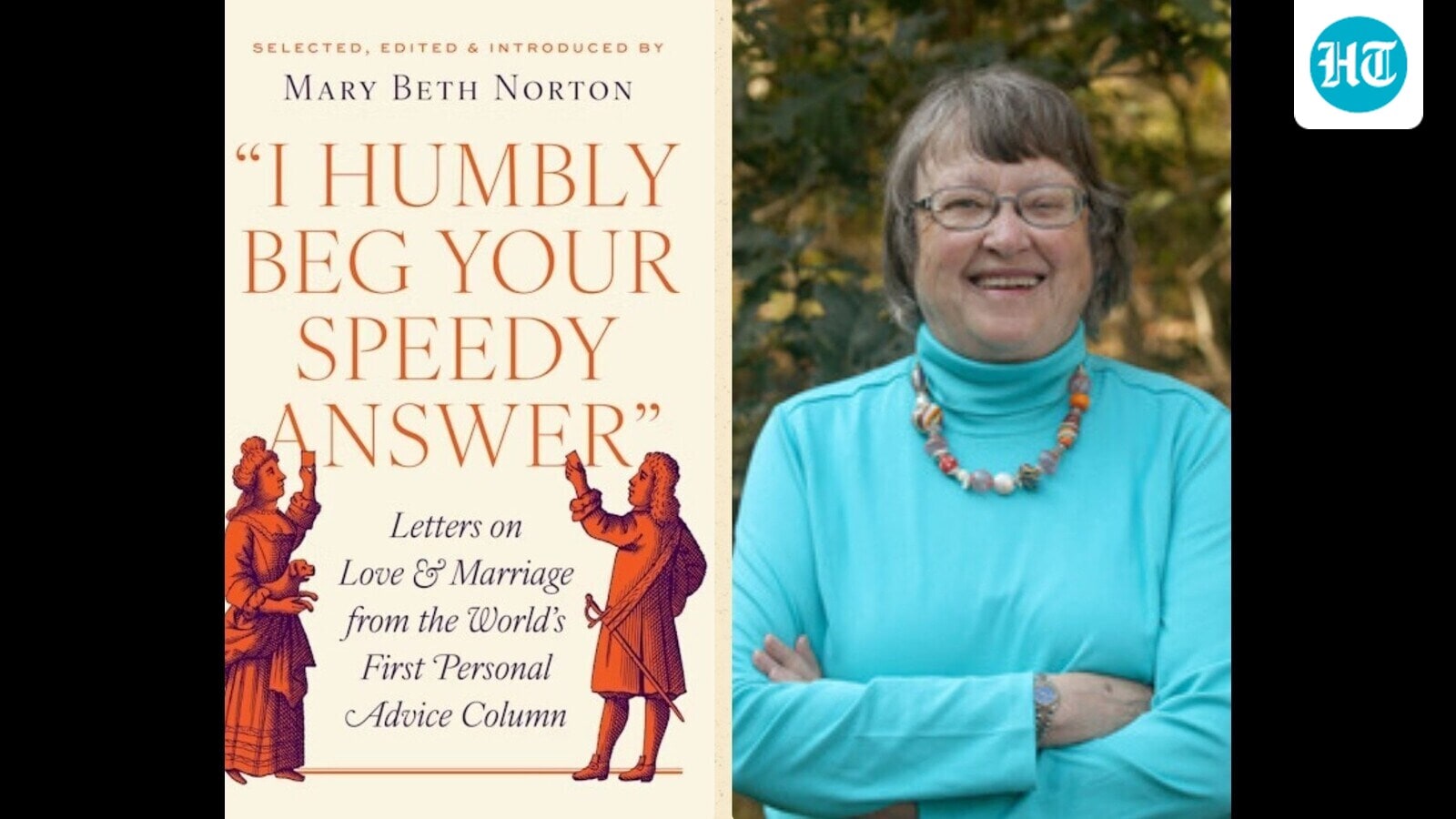General questions about courtship appeared among the first set of personal inquiries published in the Mercury in May 1691. Although some writers persisted in asking such general queries, later correspondents were more likely to describe specific circumstances they wanted the purported experts to address. Because the Mercury had many youthful readers, such questions composed a significant proportion of personal queries posed to the Athenians. Both men and women wondered about the best ways to deal with the opposite sex and how to achieve the desired end of engagement to an appropriate partner. Women and men commonly had different concerns. Women, for example, hoped to preserve their modesty while still conveying interest in men’s advances, whereas men requested advice about dealing with rival suitors or asked the Athenians to interpret what they saw as inexplicable behavior by the women they were courting. Both concurred in wondering about possible limits to appropriate courting behavior, and women in particular were concerned about how to handle men who had breached the rules. Both, too, described their anguish at being “slighted” by the person they loved.
 PREMIUM .
PREMIUM .
***
Q. It is my misfortune to be red-haired. . . . I love a lady that has the greatest aversion imaginable to that colored hair. I have sufficient hope of obtaining her were that obstacle removed, but until it be, I dare not make my address. . . . I only beg you would direct me to a method as may make it brown for 15 or 16 days . . . and then to repeat it again; for if she discovers it at any time after marriage, her aversion will be equally fatal to me as before.
A. Some thousands perhaps for the same misfortune you complain of have cut off their hair and worn wigs of a more agreeable color, for which we think no wise man could blame them. Why can’t you do the same, which by always keeping your head close shaved, might keep it a secret from the lady? . . . However, if you are fixed not to part with it, . . . we yet fancy it can’t be impossible to have your hair stained or dyed by a skillful painter. [Q.2, 10:14, 13 May 1693] Advertisement. A gentleman having sent a question to the Athenian Society how he may change his hair that is red to a brown color, their bookseller has since received information of a gentlewoman who has attained to great perfection in that as well as in many other secrets for the preserving and improving of beauty. . . . She prepares to color the hair of a very good brown or black (whichever shall be desired), so that it shall . . . not come off with sweat or even with washing. She . . . is to be spoken with near the King’s bathhouse in Long Acre. [10:15, 16 May 1693]
Q. I’m now courting a young lady who is very agreeable, her fortune and quality being equal to my birth and estate. But the problem is that she drinks an unsufferable amount of coffee, which I think is the reason for her coyness and aversion to my courtship. She has an aversion for me, and therefore I hope some way may be found to make her less cruel. I beg your advice in this matter.
A. It’s not likely we can persuade the lady not to drink this stygian liquor if you yourself have no power over her. We know only two ways. Either get some of her friends to tell her the dangerous effects of coffee in both sexes—that it will make her look old, spoil her teeth, and the like . . . whereas chocolate will have the contrary effects for both sexes. Or if that does not work, drink excessive amounts of coffee yourself in front of her until you have topped her consumption. Resolve to drink it as long as she does. Then possibly she will be influenced by her pity for your circumstances and fear that such intemperance will injure you, bringing on some paralytical distemper. This is especially true if she intends to marry you, for she won’t want to set you so poor an example. [Q.3, 17:7, 23 April 1695]
Q. Are coffee and tobacco prejudicial to reproduction, especially in the female sex?
A. Both, moderately taken, are beneficial. . . . However, coffee to excess is very prejudicial to fertility. I knew a gentlewoman that drank much coffee and her children were imperfect, weak, and ill-shaped. Nature by the aforementioned excess . . . was thereby much weakened for a perfect formation. [Q.4, 1:23, undated, after 23 May 1691]
(Excerpted with permission from I Humbly Beg Your Speedy Answer: Letters on Love and Marriage from the World’s First Personal Advice Column by Mary Beth Norton, published by Princeton University Press; 2025)

